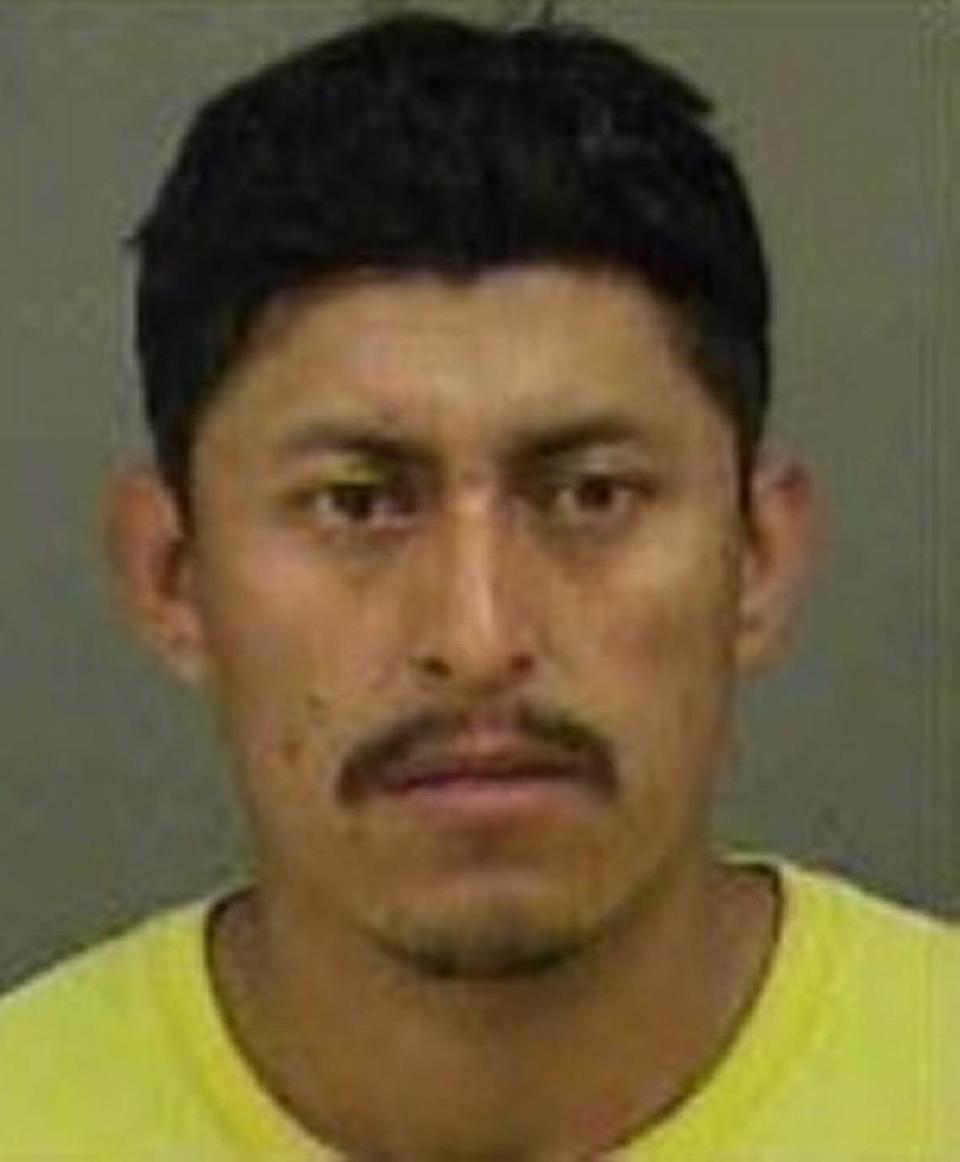US Supreme Court issues order in fatal Charlotte-Mecklenburg Police Department shooting
The United States Supreme Court declined Monday to review a lower court’s decision on a fatal Charlotte-Mecklenburg police shooting, which means a lawsuit can go to trial.
That suit is tied to the 2017 death of Ruben Galindo Chavez, who was shot and killed by Charlotte-Mecklenburg Police Officer David Guerra. Both Guerra and the city of Charlotte are defendants.
Galindo had an unloaded gun and raised his hands in the air when Guerra shot him, The Charlotte Observer previously reported.
The suit was first filed in state court in 2019, and was quickly moved to federal court.
The Supreme Court’s decision Monday came with no explanation from the justices. It was lumped in with a number of other cases that the nation’s highest court declined to weigh in on.
With discovery long finished, a trial could be calendared in the next six months or so, plaintiff attorney Brian Hochman told the Observer Monday.
Spokespeople for the city of Charlotte and CMPD did not respond to requests for comment.
What happened?
On the night of Sept. 6, 2017, Galindo called 911 to say he had a gun and wanted to turn himself for a court date, the Observer previously reported.
He faced charges of misdemeanor assault by pointing a firearm and simple assault.
In two different calls, a dispatcher told him to put the gun away. But he didn’t do that.
He told the dispatcher he planned to surrender the gun, which had no bullets, to officers, according to court documents.
He also asked for a Spanish-speaking officer to come and was paranoid, records say. He at first said he was “the Star God,” and that he was tired of police following him.
When police arrived, Galindo had the gun in his hand.
None of the officers who came were fluent in Spanish. But they repeatedly ordered him to show his hands with one word: “manos.” In English they told him to drop it.
As he raised his hands, the gun still in one, Guerra shot and killed him.
Less than a year after the police killing of Keith Lamont Scott, Galindo’s death drew new criticism and brought protesters to Charlotte City Council.
Case’s journey through courts
The case has bounced around in the federal courts for years, been thrown out and revived.
United States District Judge Robert Conrad dismissed the wrongful death suit in 2021, saying that qualified immunity protected Guerra. That’s a type of legal immunity that protects police and other officials when they’re accused of violating a plaintiff’s rights.
Suits are only allowed when they violate a “clearly established” statutory or constitutional right, Cornell Law School’s Legal Information Institute says.
“A reasonable officer in Guerra’s position did not have to wait; did not have to trust a man believed to be delusional, and possibly homicidal or suicidal; a man who had refused every law enforcement directive aimed at keeping him and others safe,” Conrad wrote in a 2021 order.

And by drinking “to excess,” having a handgun on him, executing a “bad plan of surrender” and “exhibiting a complete inability or unwillingness to heed safety suggestions or law enforcement commands,” Galindo created the tension and uncertainty that led to Guerra shooting, the judge said.
Galindo’s family appealed the dismissal, and in August 2023 the U.S. Fourth Circuit Court of Appeals ruled mostly in their favor. Guerra was not protected by qualified immunity, the court said, and the case ought to proceed.
The judges said Galindo tried to understand and comply with officers, quickly taking a “position of surrender.”
Qualified immunity
In its request for the nation’s highest court to step in, one of Charlotte’s lawyers said the goalpost for qualified immunity keeps moving.
“The misguided court this time is the Fourth Circuit,” a petition for certiorari signed by attorney Steven Bader in December said. “The officer here directed a delusional, drunk, and armed suspect to drop his gun. Rather than comply, the man raised the weapon above his shoulder, which compelled deadly force from the officer.”
Bader could not be reached for comment.
Galindo posed a threat to many — police, apartment residents and anyone nearby — and to allow a trial would threaten qualified immunity as a whole, Bader argued.
In their own brief in response, attorneys for Galindo’s estate said there was far more to the story. Some facts were still disputed. And the city changed its whole legal argument at the last minute, they said, noting that they now acknowledged that Galindo raised his hands.
Galindo did raise his hands, and did it in response to commands from police, they said.
In the end, the Supreme Court — more conservative than it has been in nearly a century — said that there was no need for review. That will allow a trial.

